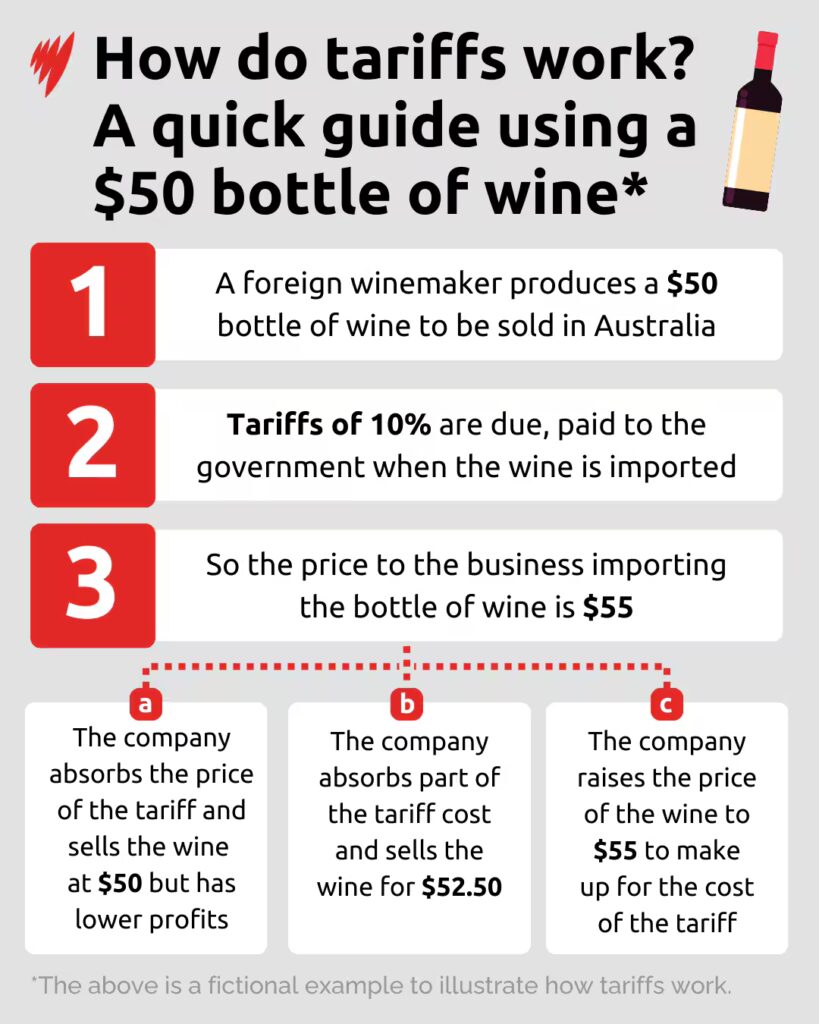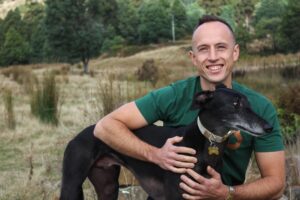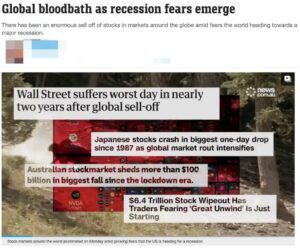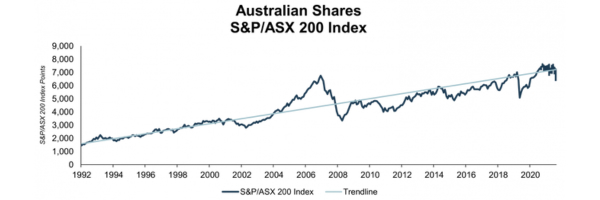In a nutshell:
Nanay (mother) Butch is one of twelve foster mothers at SOS Children’s Village, Cebu. Together they provide loving homes to 116 abandoned, neglected, or orphaned children.
- Nanay Butch is a foster mother to 8 children at the Village.
- Fox & Hare’s members funded first-year university tuition for nine of the children at SOS in 2024.
- By choosing Fox & Hare, our members not only invest in their own financial well-being but also contribute to a brighter future for Nanay Butch, her children and others like them.

With eight children in the house, there is always something to do!
13 Years as a foster mother and counting!
Nanay Butch is a full time foster parent to eight children at Fox & Hare Partner Charity, SOS Children’s Village.
She lives in a home at the village where she cooks, cleans, does homework with and provides a loving home for her eight children.
This year, she was the happy recipient of thousands of dollars’ worth of life changing support for her children and the other families in her village – all thanks to the members at Fox & Hare.
“In my last job I was a coordinator at a family strengthening program but, after three and a half years, I realised that I didn’t just want to be the person coming to check up on the children, but to have a hand in raising them and helping them fulfil their dreams.
So, I became an SOS Nanay and here I am 13 years later.
At present I am caring for eight children in our home in the village, but I have raised a total of 12 children since I started.
The youngest in our family right now is a seven year old girl and the oldest is a boy in grade twelve – so there is always a lot going on!”

There are currently 116 children at the Village with Nanay Butch and her 12 fellow foster mothers.
They could be begging or worse.
SOS provides long-term loving homes, support and care for children who have been abandoned, neglected or orphaned.
There are twelve homes in the village, located in bustling Cebu city, each headed up by their own Nanay and caring for 116 children in total.
SOS’ Director Aunty Florence describes the program as a “provider of alternative family care for those children who do not have parental care or have never felt love from their immediate family.
We provide a loving family environment as well as holistic, wraparound care that covers everything from education to nutrition and mental health support.
This is a truly life-changing opportunity for the 116 children who live here with us.
Without this type of care, there is a very clear risk that they could get stuck in the cycle of poverty. Without an education, without financial literacy, there is a big chance they would end up back on the streets begging or worse”.

The safety, support and love provided at SOS gives the children the foundations they need to aim for and achieve a life that they love.
Confronting a Harsh Reality
The Philippines is a global centre of commercial child sexual abuse and the exploitation of children, where it’s estimated around 7,000,000 or roughly 16% of all children are sexually abused each year. The majority (up to 87%) of victims are young girls 13-18 years old, but young men, boys and children as young as 10 are frequently forced into prostitution and/or online exploitation too.
Because poverty and homelessness are key risk indicators for potential victims, the children who find themselves at SOS’ front door are also particularly vulnerable.
Driven by the desire to protect, care for and help these young people get the most out of their lives, Nanay Butch became an SOS mother. We believe women like her should be celebrated and supported at every step.

The Mano (Tagalog: pagmamano) is an “honouring-gesture” used in Filipino culture performed as a sign of respect to elders and as a way of requesting a blessing from an elder.
Rising tides lift all boats.
The collective power of the Fox & Hare member community has made a significant impact on the lives of the children at SOS Children’s Villages. As members take control of their finances, buy property, get invested and follow their own path toward financial freedom they’re also extending those opportunities to the children at SOS.
A portion of Fox & Hare’s revenues are dedicated to supporting the educational and personal development of children in need.
Over the past twelve months, this has translated into:
- First year university scholarships for nine SOS students eager to pursue higher education.
- A memorable celebration for all 116 children, mothers, and SOS support staff, with Happy Meals for the little ones and a full lechon (a traditional Filipino dish) for everyone to enjoy.
This is what we can achieve when we work together!
By choosing Fox & Hare, members are not only investing in their own financial well-being but also becoming part of a collective effort to create a more equitable world. It’s a win-win situation that ensures a brighter future for us all.

The rising tide lifts all ships. Fox & Hare’s members are not only taking a positive step toward a future where they experience less uncertainty, more security, and be empowered to live a life that they love, but also contributing to a brighter, more equal future for us all.
A message of hope.
“We’re very, very grateful for your help,” says Nanay Butch.
Without the help of people like the members at Fox & Hare, I cannot imagine how we would cope.
But together we can give the children hope. We can give them their dreams back.”
About Fox & Hare:
We help Australia’s 20-45 year olds buy property, get invested and achieve financial freedom.
Founded in 2017 by two former Macquarie Bank executives, Fox & Hare Financial Advice was born from a vision to disrupt a financial services industry that only served the old and rich. We saw a gap in the market for a firm that understood and catered to the needs of young people in the wealth accumulation phase of their lives, and we jumped on it!
Whether you know that your financial situation should be better, but don’t know what to do next, have questions about the options that are available to you, or need a hand building, refining and implementing a specific investment, superannuation or other strategy, Fox & Hare are here, able and qualified to help.
Fox & Hare can help you, too.
Are you ready to take the next steps toward the life you aspire to? If yes, reach out to Fox & Hare for a free virtual coffee catch up.
We have helped hundreds of 20-45 year olds unlock their potential and find the freedom, security and stability they deserve.
We can assess your current financial world – and give you 100% clarity on how to:
- Pay down debts
- Save to buy a home
- Quit work for a career change / start a business
- Achieve financial freedom
With clear, reliable and realistic time frames.
If you want to be debt free? We can tell you exactly how long that will take. If you want to own a home? We can tell you how long that’ll take too. Want to start a family? We can tell you down to the day.
So, if you want to put an end to that feeling of unease “when will I be able to buy a home?” “when will I be debt free?” “will I ever feel financially secure?” Hit “Book now!” and claim your free virtual coffee with our Member Success Manager, Will today.
Book now!
Read more insights from our experts
🍖 BBQ Bites: Tariffs
Tariff. A beautiful word. We’re 37 days into the new American administration and it’s been a doozy. The headlines are flowing so thick and...
“I didn’t want to be just OK.”
“Women, especially unmarried women, are often told they shouldn’t dream big. We’re told that we should stick to what’s ‘manageable’, ‘realistic’ or ‘believable’ and...
Luke & Helaina found out they were pregnant. Then they lost their home.
“You’ve given our family a real Christmas and we’ll never forget it.” Luke is a husband, father of two and dog dad to one...
Lessons Learned: How Boomers Built Wealth (& How Young People Can Too).
The boomers have ruined it for us all. Or so the narrative says. The older generation has not only hoovered up the nation’s properties,...
Tim and Sasha always knew they wanted to be Dads.
“But gay couples can’t just have a child suddenly, right? It takes years of laser precision and planning. Everything must go right for us...






























